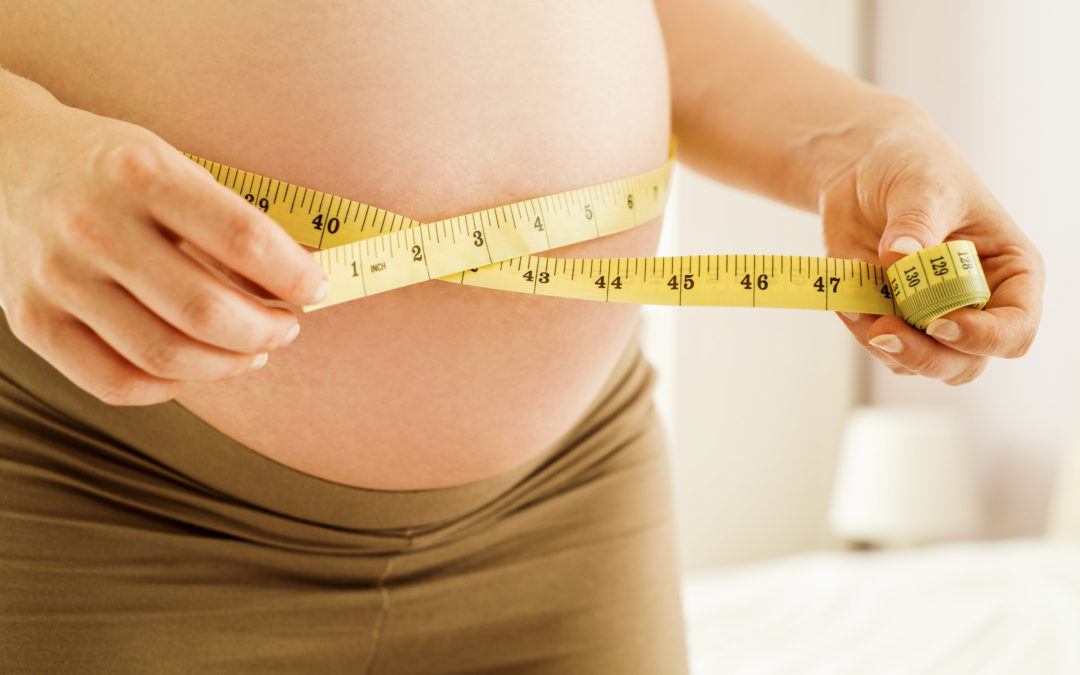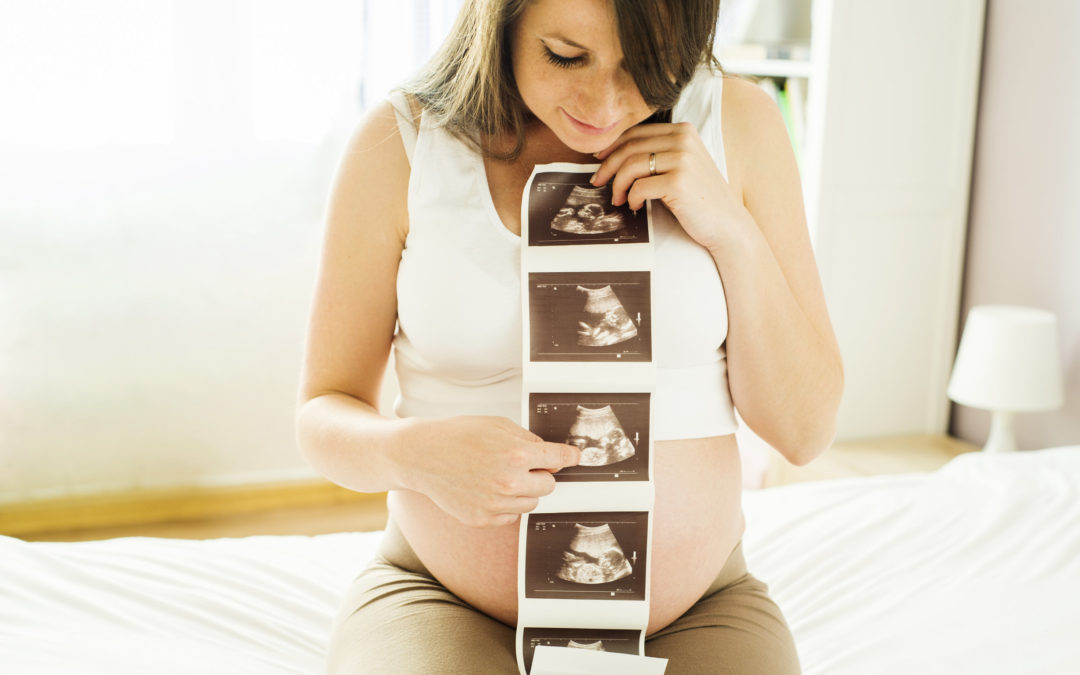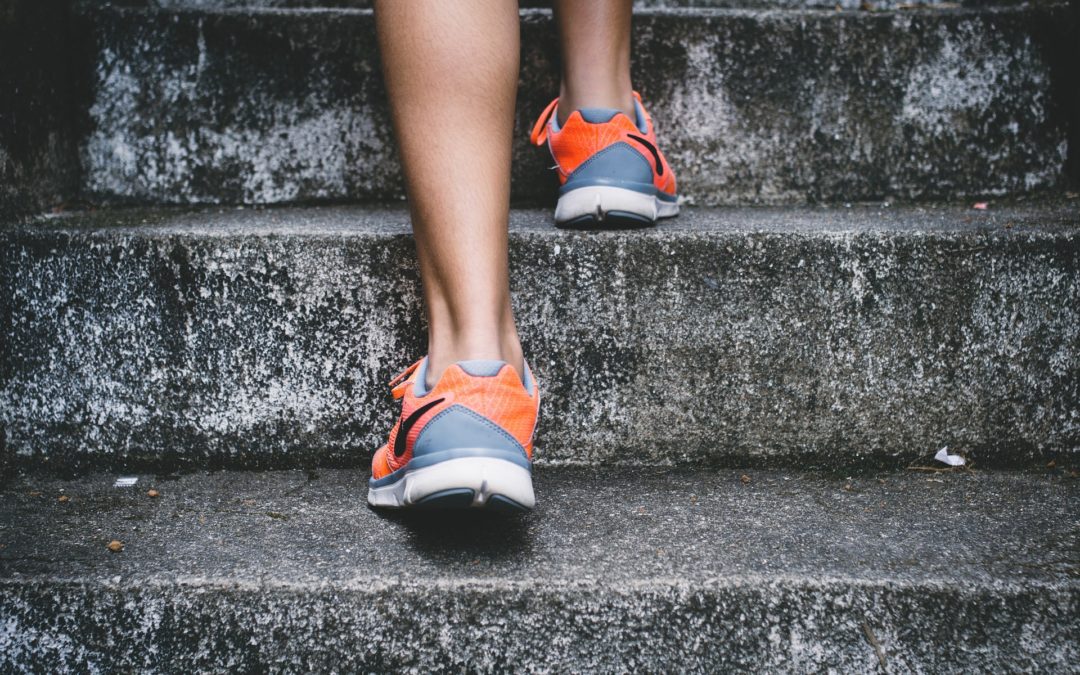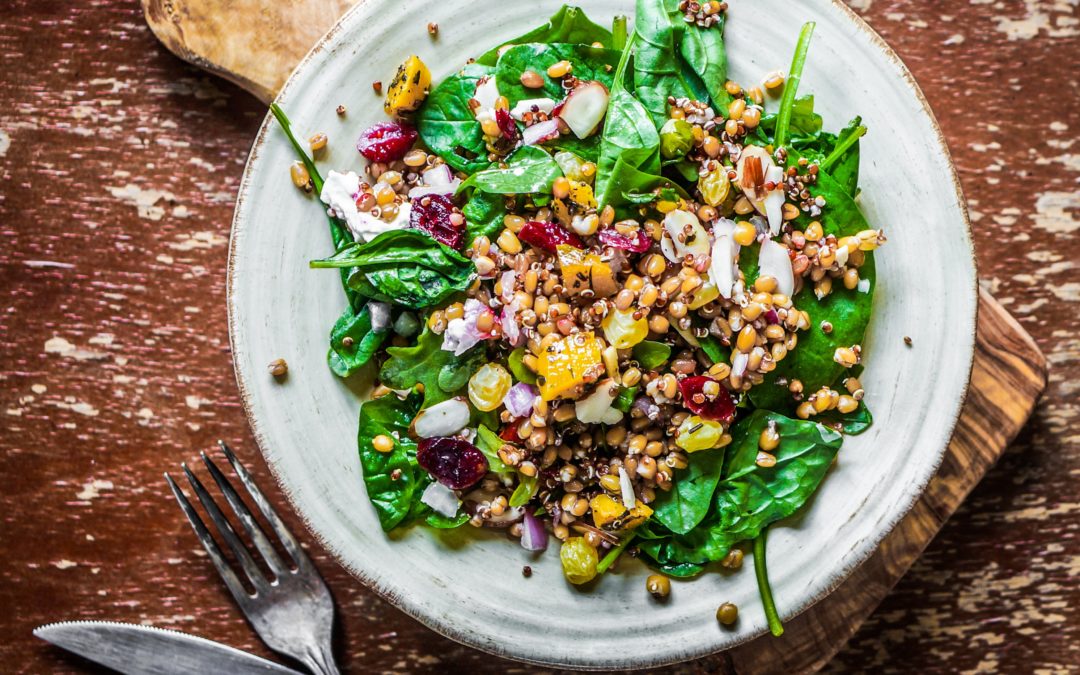What to eat during labour…
So it’s not long until the day when you get to welcome your little one into the world. You’ve been stocking up on nappies and you have your hospital bag ready to go… but have you considered what you’ll need to eat and drink during labour? With the average first time labour lasting eight hours, and maybe even up to 18 hours, labour is more of an endurance event than a sprint for many women, so you’ll want to pack some snacks just in case. In today’s blog, I share my top snacks to pack, and why.
Obviously, the duration of your labour is different for everyone, but if you’re going to have a longer labour, it’s important to be prepared with the right foods. One of my sisters is a midwife, and she almost delivered her first baby in the hallway of the hospital, he came so quickly! Yet, my mother always tells the story that she was in labour with me for three days! She says that I was determined from the start, and no matter what the doctors did to induce me, I had made up my mind that I was not coming out until Father’s Day, and that’s what I did. I know, my poor mum, right?!
I have my fingers crossed for you that your labour will be a quick one, but either way, it pays to be prepared.
Traditionally, hospitals discouraged women from eating and drinking during labour, and yours still might….but the latest research shows that fasting during labour is completely unnecessary, especially if you have a low risk labour. In fact, some studies go as so far to suggest that women who eat and drink during labour may actually have shorter and healthier labours…. however, many women don’t feel like eating or drinking during labour, so remember to listen to your own body, and do the best that you can.
So, if you are going to eat, what’s the best choices?
Carbohydrates
Labour is usually a strenuous and long-lasting exercise that requires a significant amount of energy, kind of like running a marathon. Carbohydrates are the body’s preferred energy source to fuel such a strenuous task. Carbohydrate-rich foods are known to help to reduce fatigue and increase muscle strength, both of which are important during labour. So, if you can fuel your body with carbohydrate-rich snacks, particularly in the first stages of labour, then it’s probably a good idea.
Carbohydrate-rich foods include toast (although I’d recommend white or wholemeal instead of grainy bread in this instance); fruit, especially bananas; natural, un-buttered popcorn; dry crackers, breakfast cereal or yoghurt.
Stay hydrated
As with any endurance sports, hydration is very important. You may not feel like drinking, especially if you are vomiting or have diarrhoea, but it is important to keep your fluids up. Many women become dehydrated during labour, and that often results in severe constipation soon after delivery. Isotonic drinks and sports drinks like Hydrolyte, Gatorade or Powerade are a better choice than water because they hydrate your body more effectively, so I’d recommend throwing a few of them into your hospital bag. Some hospitals offer icy-poles, and again, even though you may not feel like it, I’d encourage you to suck on one to help keep you hydrated if you can.
At the end of the day, labour is different for all of us, but if you can, I’d encourage you to snack on some carbohydrate-rich foods, and regularly sip on sports drinks to help keep you well-fuelled throughout the duration of your labour.
As always, I’m here to answer any of your dietary questions, so please feel free to post below!

Get nutritious recipes
straight into your inbox!
Send your details now to receive Melanie’s recipes designed around a range of dietary needs including improved fertility, weight loss, general heath and wellbeing through improved nutrition. Receive the recipes specific to your needs.
As seen in






Share this page
What to eat during labour

31 Weeks Pregnant – tips for a healthy pregnancy diet
You are really at the tail end of your pregnancy now! In this blog I provide you with some helpful tips to get through one of the most common problems women have at this stage of their pregnancy – constipation.
27 Weeks Pregnant – tips for a healthy pregnancy diet
Now that you’re 27 weeks pregnant, your baby is really starting to grow. This means you’ll need to add some extra kilojoules to your diet to ensure your baby is getting enough nutrition.

22 Weeks Pregnant – tips for a healthy pregnancy diet
Are you 22 weeks pregnant and experiencing heartburn? Want some quick and easy tips from an expert for minimising heartburn? Then this blog is for you!

18 Weeks Pregnant – tips for a healthy pregnancy diet
Want to know what you should be eating during your fifth month of pregnancy? In today’s blog we’re going to chat about how your dietary and activity requirements change throughout your fifth month of pregnancy – especially now that your bub is really starting to grow!

14 Weeks Pregnant – tips for a healthy pregnancy diet
So you’ve just crossed over into your second trimester of pregnancy and want to know what you should be eating? Well, you’ve come to the right place! In this blog we’re going to chat about how your dietary and activity requirements change throughout your forth month of pregnancy so that you can have the healthiest pregnancy possible.

9 Weeks Pregnant – tips for a healthy pregnancy diet
As you move into month 3 of your pregnancy you may start to experience the dreaded morning sickness. In addition, your levels of motivation to exercise are probably decreasing. If this sounds familiar, let me help you!

5 Weeks Pregnant – tips for a health pregnancy diet
Are you in your second month of pregnancy? Although you may not look pregnant, you’re probably starting to feel pregnant. Your hormones will start going crazy, you will most likely experience morning sickness and the tiredness will kick in. Let’s have a look at how your dietary requirements change through out your second month of pregnancy.

How does my diet both before & during pregnancy affect the health of my future baby?
A women’s diet in the lead up to and during pregnancy has a significant impact on the health of their future baby. So what do you need to be mindful of in order to give you baby the best start to life? Listen in to my chat on Life Matters to find out.

What foods should I avoid during my pregnancy?
Are you pregnant and confused about which foods you should avoid in order to have a healthy pregnancy? Melanie reveals which ones you should be keeping clear of.

Can diet help my PCOS?
Do you have PCOS? Did you know a few simple dietary and lifestyle changes can significantly help improve symptoms?
Melanie, along with other PCOS health professionals, share their thoughts on the best foods for managing the syndrome.
As seen in







Get nutritious recipes
straight into your inbox!
Send your details now to receive Melanie’s recipes designed around a range of dietary needs including improved fertility, weight loss, general heath and wellbeing through improved nutrition. Receive the recipes specific to your needs.

0 Comments